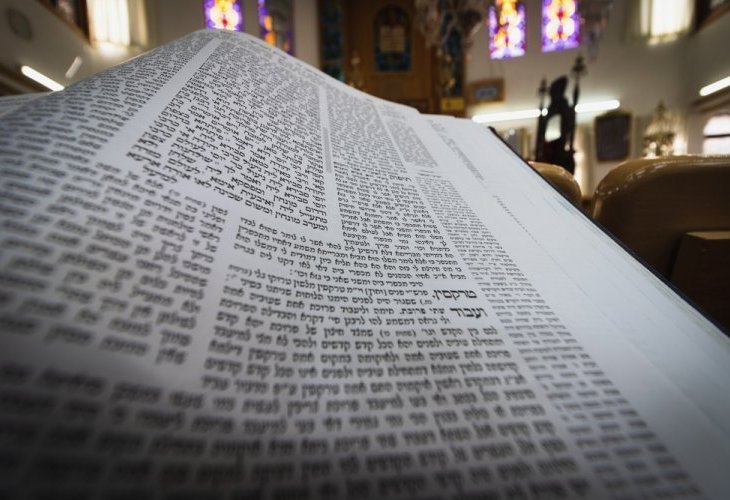Can You Really See Your Own 'Hump'?
They say a person can't see their own hump. But what if there's a mirror involved? The surprising answer depends on what a 'hump' actually is...
- יהוסף יעבץ
- פורסם ז' אייר התשפ"ד
 (Photo: shutterstock)
(Photo: shutterstock) #VALUE!
They say a person can't see their own hump. But what if there's a mirror involved?
The surprising answer is: It depends on what a 'hump' is...
In this week's Torah portion, it's written: "Anyone with a blemish... or is hunchbacked, or of the dry..."
What does the term 'hunchbacked' really mean? In modern Hebrew, we know it as a hump on the back. This interpretation is supported by traditional sources, as explained by Rabbi Abraham Ibn Ezra. However, it's worth noting there are other interpretations. In fact, there's been a debate about this among the sages. Rabbi Chanina ben Antigonus in the Sifra comments, much like Ibn Ezra. However, in the Talmud, Tractate Bechorot 43b, the sages interpreted it differently: 'hunchbacked' refers to a defect in the eyebrows. Rashi explains: His eyebrows are long and drooping. Now, this kind of flaw can indeed be seen in a mirror, as long as the eyebrows do not completely cover the eyes...
Another interpretation found in Tractate Bechorot is: "He only has one eyebrow," meaning? The Tiferet Yisrael explains it as both eyebrows being connected and appearing as a single eyebrow. However, this does not refer to regular hair found in the eyebrow area, but likely to a genetic issue where actual hair grows between the eyebrows.
What's the connection between these interpretations? It's the resemblance to the word 'hill'. A back hump is certainly a hill on the back. But notice that eyebrows can also be like a hill on the face, professionally referred to as the 'eyebrow ridge'.
Some explain it the opposite way: Viewing the whole face, the eye sockets are like small pits. In sacred language, a pit is called 'gub', like the lion's den, or water cisterns.
With Hashem's help, when the redemption comes, and we must decide who is considered blemished and who is fit for service, we'll need to consult Elijah the Prophet for the correct interpretation of the law, and whether a person with a brow issue is fit for Temple service. Until then, let's pray to be spared from any medical issues and be able to respect and draw close to every person, even if they are different or suffer from a defect.

